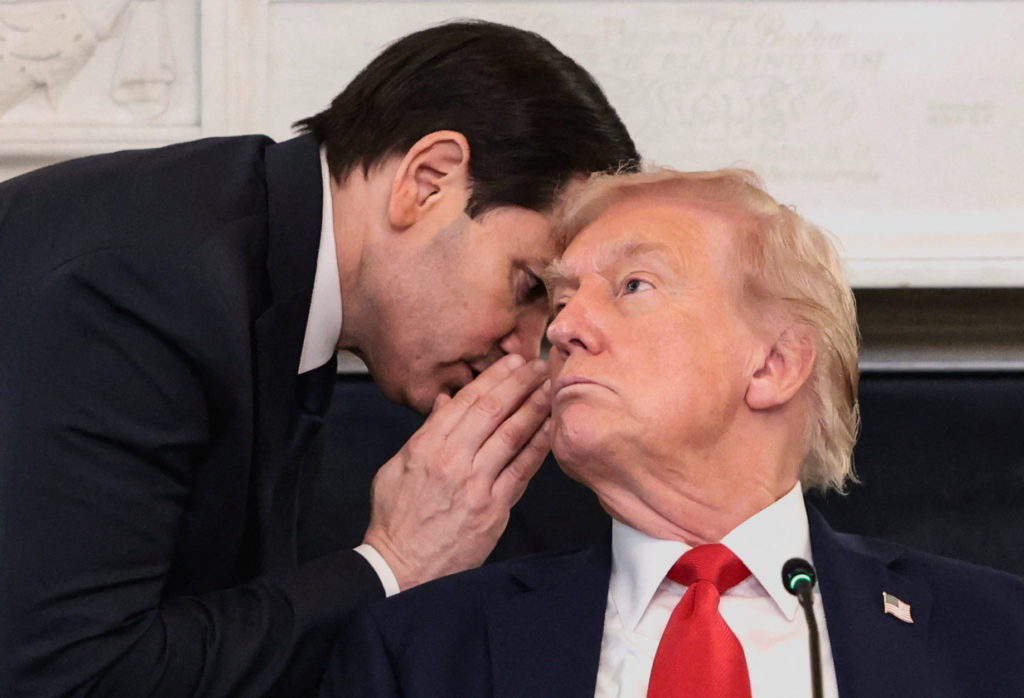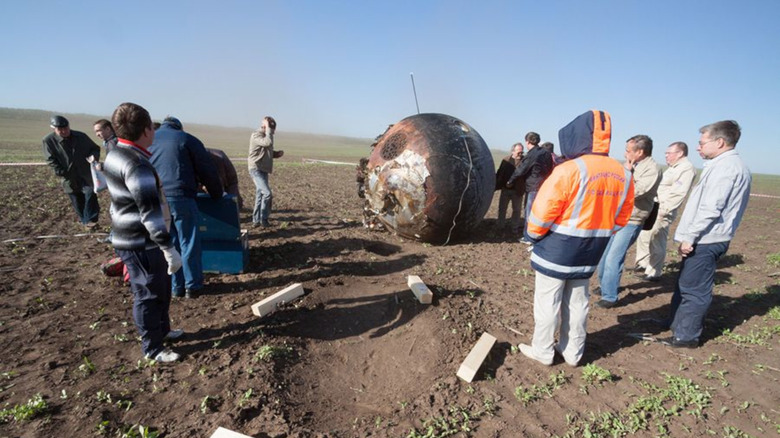Unlock the Editor’s Digest for freeRoula Khalaf, Editor of the FT, selects her favourite stories in this weekly newsletter.Turkey’s sovereign wealth fund is moving forward with plans for its first international bond deal to gauge investor interest in the country’s assets after the recent departure of its market-friendly central bank chief. Banks hired by the Turkey Wealth Fund began presenting a US dollar-denominated bond to investors this week and started taking orders on Wednesday, according to documents seen by the Financial Times. The fund aims to raise about $500mn. The TWF’s fundraising plans come after central bank chief Hafize Gaye Erkan stepped down late on Friday just over seven months into her tenure, during which she increased interest rates from 8.5 per cent to 45 per cent.Local and foreign analysts have so far largely disregarded Turkey’s latest central bank upheaval, betting that Erkan’s successor, deputy governor Fatih Karahan, will maintain her policy of using high borrowing costs to address an inflation rate of nearly 65 per cent.A source with direct knowledge of the TWF deal said Erkan’s resignation helped to resolve uncertainty about the central bank’s leadership, following allegations in local media for weeks that she had given her father an unofficial role at the bank and that he had dismissed an employee. Erkan denied the claims.Early indications suggested the deal was receiving strong demand, with orders of about $4.75bn. That has led bankers to lower their guidance for the bond’s yield to 8.625 to 8.75 per cent, from more than 9 per cent initially, according to a term sheet. Turkish sovereign dollar bonds maturing in March 2029 are currently trading with a yield of about 7.6 per cent. TWF, which was established in 2016, holds stakes in a wide range of Turkish companies and infrastructure and real estate assets, including flag carrier Turkish Airlines, several major lenders and the country’s stock exchange Borsa Istanbul. The fund also holds full ownership of energy group Botaş, considered one of Turkey’s prized assets, national postal company PTT and a major port near the western city of Izmir.TWF declined to comment on its fundraising plans.The proposed TWF deal comes as foreign investors, who had largely abandoned Turkey’s local and international assets over the past decade, begin to return, encouraged by a broad economic overhaul following President Recep Tayyip Erdoğan’s re-election in May. The central bank’s rate rises, which reversed Erdoğan’s long-held insistence on keeping borrowing costs low at all costs, have been a main pillar of the programme.Recommended Analysts generally anticipate that Karahan will continue with the tighter monetary policy.“Unlike previous leadership changes . . . [Erkan’s] resignation appears not to have been triggered by any disagreement between the political leadership of the country and the central bank,” said Clemens Grafe, economist at Goldman Sachs. That was a reference to previous incidents in which Erdoğan, who previously called high rates the “mother and father of all evil”, sacked governors for raising rates.“We see no reason to doubt that [Karahan] will pursue a similar path to the one chosen by his predecessor,” added Grafe. JPMorgan economists similarly told clients that Karahan, a former New York Federal Reserve economist, was “likely to keep monetary policy tight for longer”.Turkish asset prices have broadly reflected economists’ calm reaction to Karahan’s appointment, helping to bolster bankers’ confidence in proceeding with the TWF deal.Turkey’s lira has fallen slightly against the dollar since Erkan’s resignation, while the benchmark Bist 100 stock index has advanced 3 per cent. The cost to protect against a Turkish debt default using five-year credit default swaps, a key measure of the perceived risk in holding Turkish assets, slipped about 10 basis points since last Thursday to 330bp, according to FactSet data.BBVA, JPMorgan and Standard Chartered are joint global co-ordinators and bookrunners on the TWF deal, while Bank of America, Emirates NBD Capital, ICBC, ING, QNB Capital and Société Générale are bookrunners.
Analysts generally anticipate that Karahan will continue with the tighter monetary policy.“Unlike previous leadership changes . . . [Erkan’s] resignation appears not to have been triggered by any disagreement between the political leadership of the country and the central bank,” said Clemens Grafe, economist at Goldman Sachs. That was a reference to previous incidents in which Erdoğan, who previously called high rates the “mother and father of all evil”, sacked governors for raising rates.“We see no reason to doubt that [Karahan] will pursue a similar path to the one chosen by his predecessor,” added Grafe. JPMorgan economists similarly told clients that Karahan, a former New York Federal Reserve economist, was “likely to keep monetary policy tight for longer”.Turkish asset prices have broadly reflected economists’ calm reaction to Karahan’s appointment, helping to bolster bankers’ confidence in proceeding with the TWF deal.Turkey’s lira has fallen slightly against the dollar since Erkan’s resignation, while the benchmark Bist 100 stock index has advanced 3 per cent. The cost to protect against a Turkish debt default using five-year credit default swaps, a key measure of the perceived risk in holding Turkish assets, slipped about 10 basis points since last Thursday to 330bp, according to FactSet data.BBVA, JPMorgan and Standard Chartered are joint global co-ordinators and bookrunners on the TWF deal, while Bank of America, Emirates NBD Capital, ICBC, ING, QNB Capital and Société Générale are bookrunners.
Turkey’s sovereign wealth fund sets investor interest with $500mn bond deal














